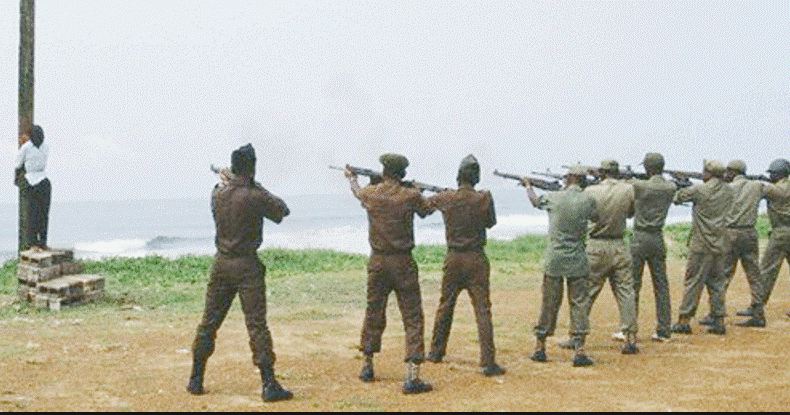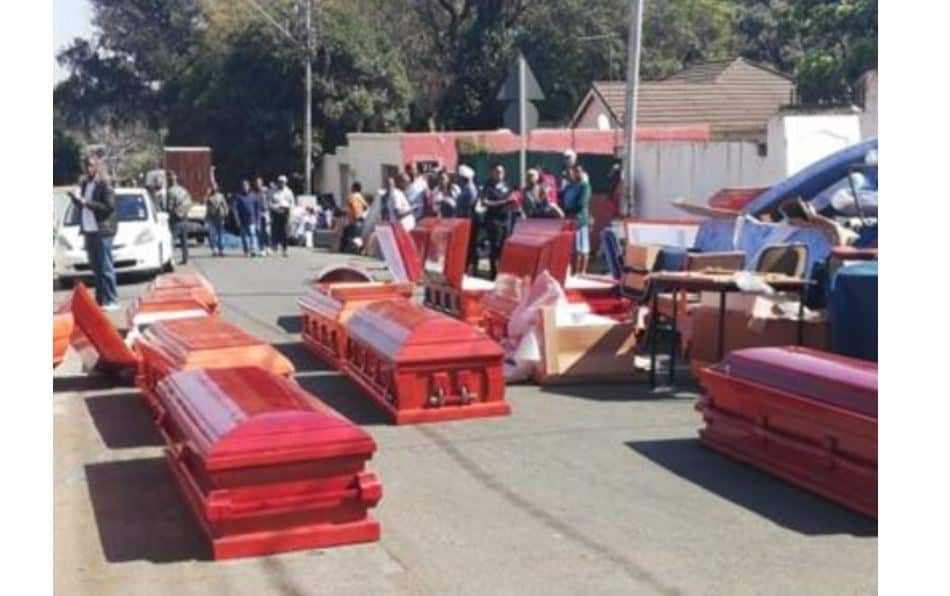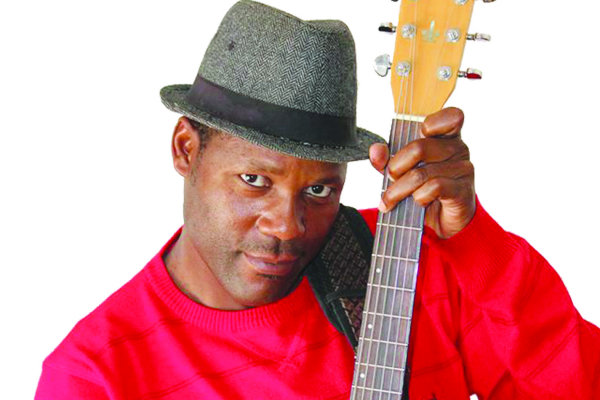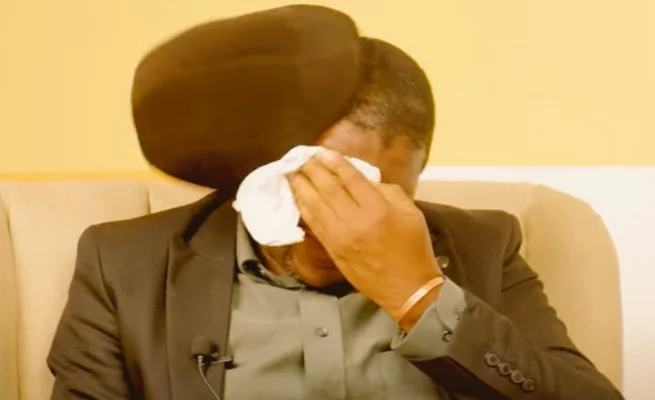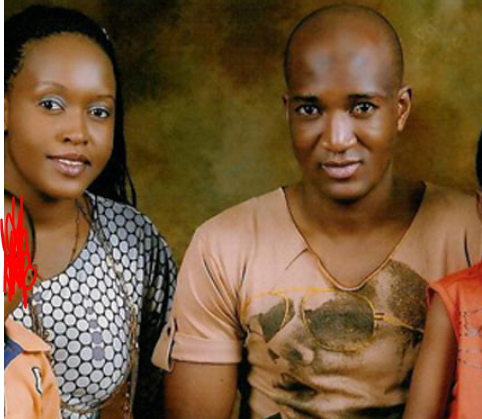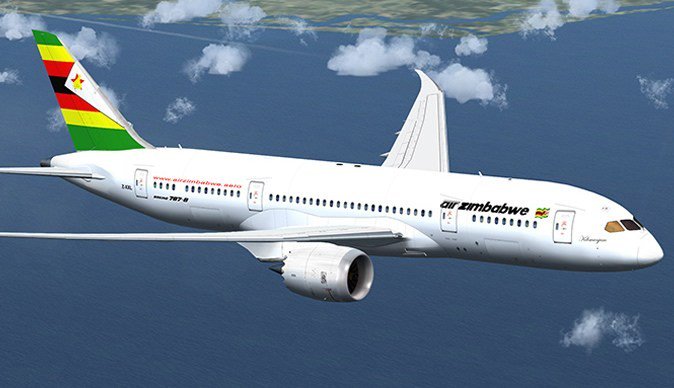Lovemore Lubinda
As Zimbabwe joins the whole world in commemorating World Day against Death Penalty today, Monday 10 October 2016, a petition to be handed to President Robert Mugabe over death penalty has been set up.
The commemorations to be held at Theatre in the Park in Harare Gardens will be hosted by VERITAS, Rooftop Productions, and the Zimbabwe Coalition Against Death Penalty, with support from the Embassy of Switzerland.
VERITAS Zimbabwe, a leading human rights organisation, one of the organisers of the event, who drafted the petition, says the petition will be presented at the event and widely circulated for signatures, before it is handed to the President.
Director of Veritas Val Inghan Thorpe says capital punishment is an ancient law that has never been proven to be an effective form of punishment.
“It is now an outdated thing, cruel, and flawed punishment for the state to execute human beings. We hope this event will encourage all Zimbabweans to work for the total abolition of the death penalty, and to find more effective remedies to serious crime,” says Thorpe.
Veritas urges Mugabe as Head of State and Government and the authority in whom the Constitution of Zimbabwe vests the Power of Mercy, to direct the government to take all necessary measures to strike the death penalty off the country’s statutes.
Throughout the world, and particularly in the continent of Africa, the death penalty is being abolished. The majority of African Union member states have legally abolished the death penalty or applied a de facto moratorium on capital punishment; only a minority of 17 states have retained the death penalty.
Only three SADC States continue to carry out the death penalty: Botswana, the Democratic Republic of the Congo (DRC), and Lesotho. The other SADC States have either abolished it in law or do not carry it out in practice.
Though Zimbabwe has not carried out any execution for over 10 years, but, it is yet to legally abolish the death penalty and persons are still sentenced to death. This has seen condemned prisoners languish incarceration and suffer the psychological horrors of awaiting execution, some for nearly 20 years under harsh conditions.
“The death penalty is not a traditional penalty but a colonial relic. Traditional customary law relied on restorative justice rather than retribution. For this reason the Council of Chiefs, in January 2016, urged that the death penalty be abolished. By abolishing the death penalty Zimbabwe would be making a clear break with its colonial past,” says VERITAS in the petition.
It says the death penalty is not an effective deterrent against serious crime; this has been shown by research in many parts of the world. Without deterrence it becomes merely cruel and inhumane.
In April 2015, at its 56th Ordinary Session, the African Commission on Human and Peoples’ Rights adopted a draft regional treaty (the Protocol to the African Charter on Human and Peoples’ Rights on the Abolition of the Death Penalty in Africa) to help African Union member states move away from capital punishment and towards systems emphasising restorative justice rather than retributive justice.
“Your Excellency was Chair of the African Union when the draft was adopted, and Zimbabwe can seize the opportunity to lead other African states by example, progressively transforming our continent’s penal procedures.
“In the ZANU election manifesto in 1980 your Party pledged to abolish hanging. By abolishing the death penalty you will leave an immortal legacy of your Presidency and leadership, not only in Zimbabwe but in Africa and the developing countries of the world. We therefore respectfully urge you in your clemency to grant this our petition,” VERITAS urges President Mugabe.
Various organisations in Zimbabwe have recently challenged the death penalty, saying it is not reversible and has no appeal in the event that one has been wrongly convicted. Last week two prisoners on death row, through prominent Zimbabwean lawyer Tendai Biti applied to the Constitutional Court challenging the capital punishment. The case was heard on 4 September 2016, where it was ruled that the matter would be dealt with late this year or early next year.

